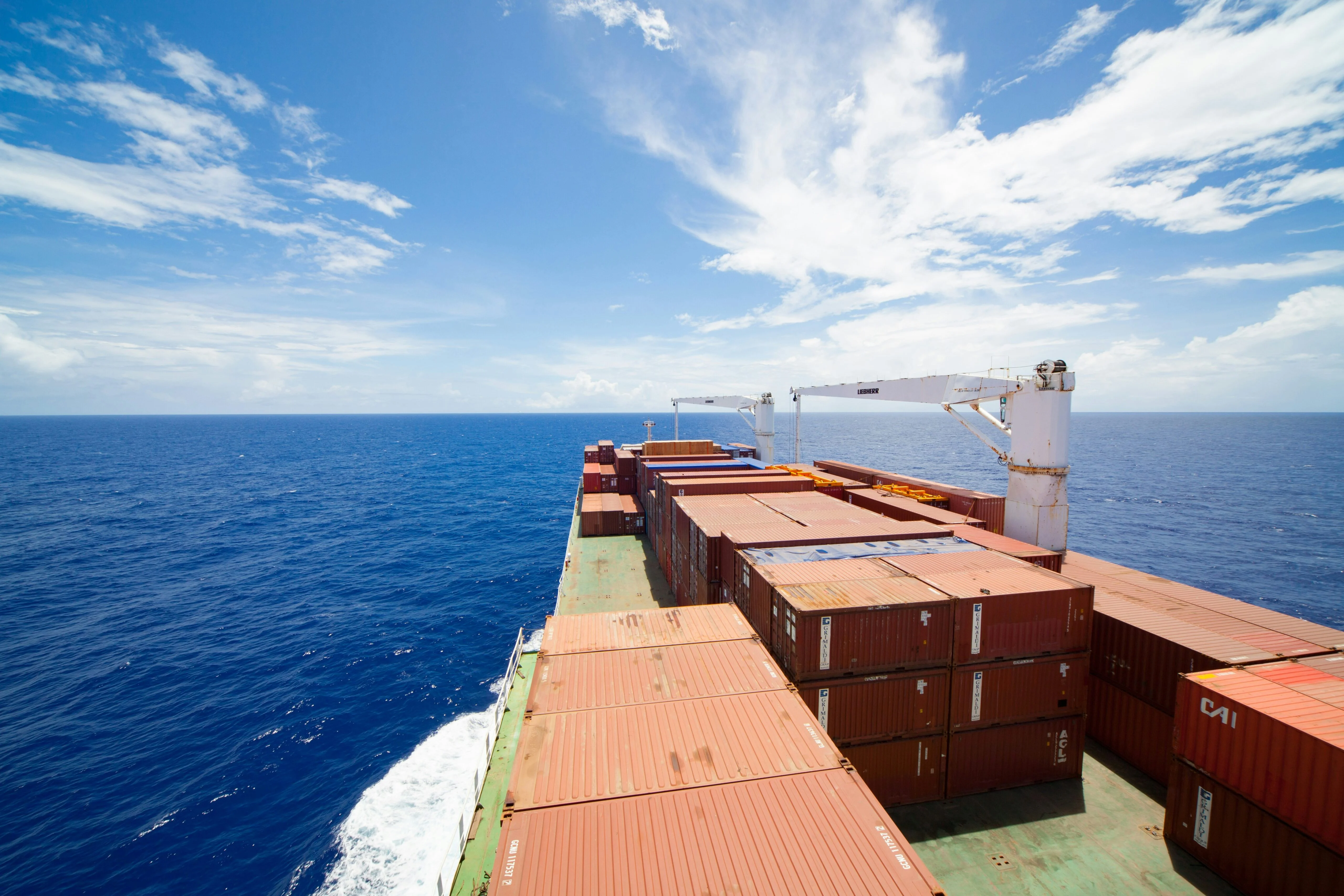Don’t Waste Time — Start Shipping to South Korea Today
Get your cargo to South Korea with trusted air and sea freight solutions. We manage the full process — from documentation to delivery — quickly and precisely.
Contact UsWe take a bottom-line approach to each project. Our clients consistently, enhanced brand loyalty and new leads thanks to our work.
HQ
235 Fairfield Ave,
West Caldwell, NJ 07006
USA
Shipping freight from the USA to South Korea requires an understanding of shipping methods, costs, transit times, and customs regulations. This guide by RAM International Shipping provides everything you need to know to ensure a smooth and efficient shipping process to South Korea. From selecting the best shipping options to understanding prohibited items, this guide covers all the details.

When shipping to South Korea, there are two primary methods: Air Freight and Ocean Freight. Each offers unique benefits based on your shipment’s size, urgency, and budget.

Air freight is the quickest option, making it ideal for time-sensitive shipments. Although it is generally more expensive than ocean freight, air freight provides rapid transit times and is suitable for smaller, high-value items. RAM International Shipping offers reliable air freight services with flexible scheduling to accommodate your needs.

For larger or less urgent shipments, Ocean Freight provides a more cost-effective alternative. With ocean freight, you can choose between Full Container Load (FCL) and Less than Container Load (LCL):
Visit our ocean freight services page to explore options and choose the best solution for your shipping needs.

Get your cargo to South Korea with trusted air and sea freight solutions. We manage the full process — from documentation to delivery — quickly and precisely.
Contact UsShipping costs from the USA to South Korea vary based on factors such as the transport mode, cargo weight, volume, and destination within South Korea. To receive an accurate cost estimate, use our freight rate calculator or request a shipping quote tailored to your specific shipment details.
The transit time to South Korea varies depending on the chosen shipping method:
For a precise estimate of transit time, contact our team with the specifics of your shipment.
South Korea enforces specific regulations on prohibited and restricted items. Prohibited items include counterfeit currency, certain chemicals, and items harmful to public health or safety. Restricted items, such as electronics, pharmaceuticals, and agricultural products, may require special permits.
For the latest information on restricted and prohibited items, consult the South Korean Customs website to ensure compliance and avoid delays.
Customs clearance is a crucial part of international freight shipping to South Korea. RAM International Shipping provides comprehensive customs clearance services to ensure your shipment meets all regulatory requirements in both the USA and South Korea.
In the USA, key documents include a commercial invoice, packing list, and any necessary export licenses. In South Korea, additional customs documentation includes:
South Korea has several major ports that serve as key entry points for international cargo. Below are the main ports where shipments from the USA typically arrive:
Choosing the appropriate port based on your shipment’s final destination can optimize costs and transit times.

Our logistics experts ensure your shipment to South Korea is handled smoothly — from paperwork and customs clearance to final delivery, stress-free.
Contact Us
Several established shipping routes connect the USA and South Korea, each offering distinct advantages based on origin and destination ports:
Each route has unique transit times and costs, and RAM International Shipping can assist you in selecting the most efficient route based on your needs.

At RAM International Shipping, we specialize in reliable freight forwarding services tailored to the specific requirements of shipping from the USA to South Korea. Here’s why businesses trust RAM for their shipping needs:
To start planning your shipment, contact us today for a consultation or to request a quote.